Corporate Social Responsibility in MNCs
🕒 10 mins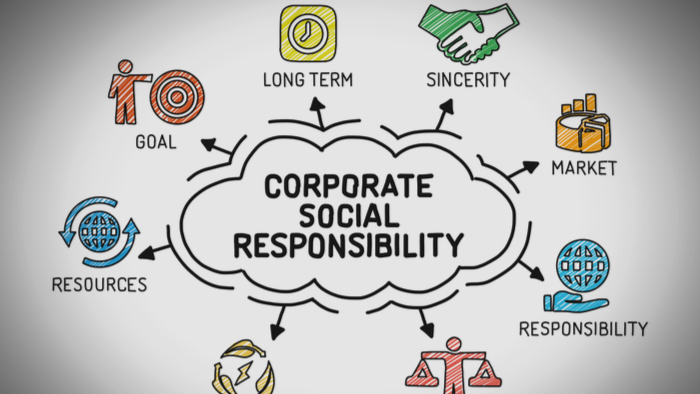
Nowadays, many companies find themselves unsatisfied with just doing well on their “business” alone. A growing number of companies take even more pride in what they do to positively impact society or the environment. According to a study published by Cone Communications in 2017, 87% of consumers surveyed indicated that they would be willing to buy a product or service based on a company's advocacy concerning a social matter. Therefore, corporate social responsibility, often known as CSR does not only feel good, but is also one of the contributing factors for a business to succeed.
Corporations that are actively making the world a better place should be recognised. It is always good to learn from what some of the big players are doing, especially when it comes to CSR programs. Hopefully the below summary will inspire you to introduce new initiatives to your company. Driving CSR will have everyone feeling a bit better and may even increase your company’s bottom line.
1. Microsoft | Technology

Philanthropy
Since its establishment in 1975, Microsoft has come a long way in its progress to be one of the top tech companies in the world. As it revolutionised the way people have been using computers and software, Microsoft’s founder Bill Gate also decided to focus on the philanthropic side of operating. This resulted in the launch of the Microsoft Giving Program (MGP). Originally, the company raised $17,000 for charity during the company’s infancy. Even after all these years, the MGP is still going strong with Microsoft employees in the US accumulating a total of 825,000 volunteer hours, $181 million in employee donations (including company matching) and has supported 23,500 non-profit organisations and schools in 2019 alone.
In order to make its technology available to everybody and provide them with the required skill sets and opportunities to unleash their potential, Microsoft has also created Microsoft Philanthropies (MP). MP is able to bring the world closer to a future where everyone is able to achieve more with their initiatives that cover everything from providing accessible computer education to offering grants to nonprofits, and collaborating with non-profit organizations and governments around the world.
What can we learn from Microsoft?
Any business can prioritise social impact, not just the established ones. When a is first born, it can start with simple measures like donating its product or service to those who cannot afford it or making changes to the way it operates to become more eco-friendly. Either way, the impact will grow along with the company, and their reputation. Ultimately this can help recruit top talent and attract more consumers.
2. BNP Paribas Real Estate | Real Estate
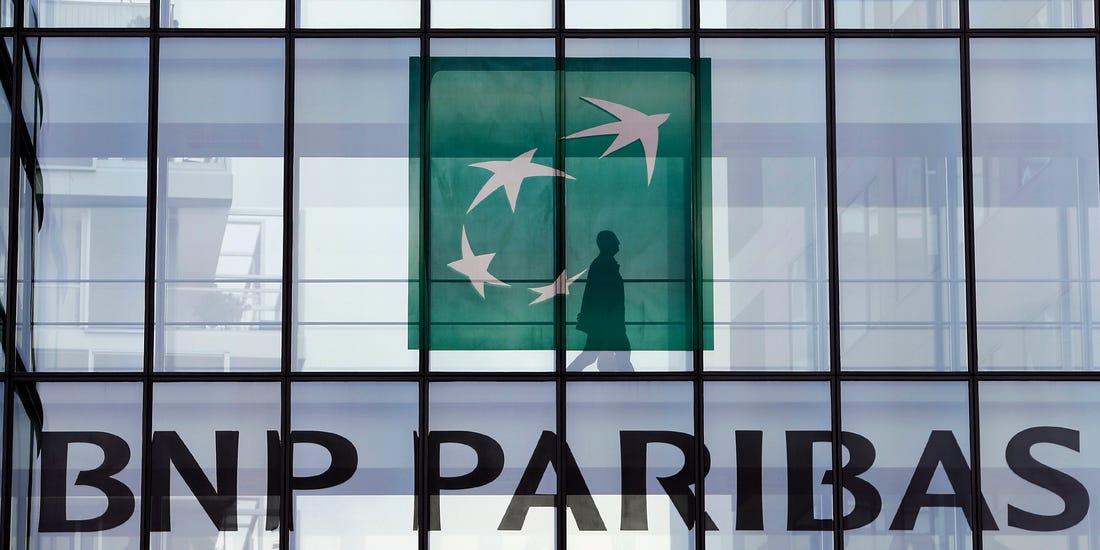
Climate change
As climate change becomes a growing concern, the building sector faces the pressure to adapt to the new reality and make themselves more sustainable and eco-friendly in order to appear more attractive to potential clients. BNP Paribas Real Estate has admirably turned its focus to mixed use projects (due to their versatile use of space, which maximises efficiency) and responded to the need to cater to the health and wellbeing of the occupants. Therefore, BNP Paribas has made changes to all their buildings in Europe so that they have smart technology installed to maximise the efficiency of energy use. They also ensured that all of their production facilities were environmentally certified. To better develop future generations of the construction workforce, BNP Paribas also provides education to increases knowledge on how to make their buildings more sustainable.
Examples of their sustainability projects
Ternes-Villers
Ternes-Villers is a mixed-use development that incorporates offices, retail spaces and accommodation, which stood out among the rest to clinch a Reinvent Paris commendation for innovative urban projects. It is designed with the accessibility of the tenants in mind and the buildings are built with eco-friendly material such as bio-sourced wood and green walls to support biodiversity. To reduce the carbon footprint caused by private transport, Ternes-Villers also offers a car pooling scheme. The design also includes terraces which can be used for urban agriculture, so that the lushness of the environment can be preserved.
The Arboretum programme, Nanterre
To offset the carbon footprint left by the construction process, BNP Paribas Real Estate launched the Arboretum programme in Nanterre. The wood that makes up the entirety of the ecological office campus utilizes photovoltaic and geothermal energy for 75% of its heating and air conditioning needs. It will also set the record for the largest campus to have ever been built in solid wood.
3. Seven & I Holdings Co. | Retail
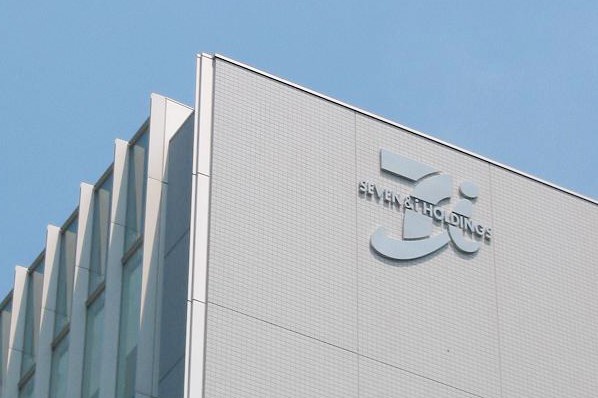
Food Wastage
According to the Food Aid Foundation, approximately 795 million people in the world do not have access to enough food to sustain themselves. Meanwhile, we see more than 17 million tons of food being wasted every year in Japan, of which 6.32 million tons is classified as food loss. This means that that amount of food that was thrown away is likely to be fit for consumption (e.g. half-eaten food or food that has passed its expiry date). As Seven & I Holdings Co. is a retail MNC where food makes up a large portion of sales, they cannot bear to stand aside and do nothing. In response to this material issue, Seven & I Holdings Co. has been advancing initiatives that advocate for food waste reduction and food recycling.
Example of initiatives
Ito-Yokado (Recycling-oriented agriculture)
Ito-Yokado (IY) has been participating in this initiative since 2008, which allows food residue generated by IY stores to be composted into fertilizer and used by Seven Farms to grow vegetables. These vegetables are then sold at IY stores, and the cycle will continue. This curtails the generation of food waste, since whatever isn’t eaten will go back into the ground and provide nutrients to the vegetables grown.
Seven-Eleven Japan (Food Reuse)
Seven-Eleven Japan (SEJ) has been donating inventories of processed foods to food banks whenever the stores are closed or under renovation and they have also started making donations to social welfare organizations in the fiscal year ending February 28, 2019. Ito-Yokado has been donating foods that have not expired from some stores to the food banks as well since the fiscal year ended February 28, 2018. Seven & I Holdings Co. believes that promoting the reuse of food is something of utmost importance, and will in turn improve their measures in future.
4. Chubb | Insurance
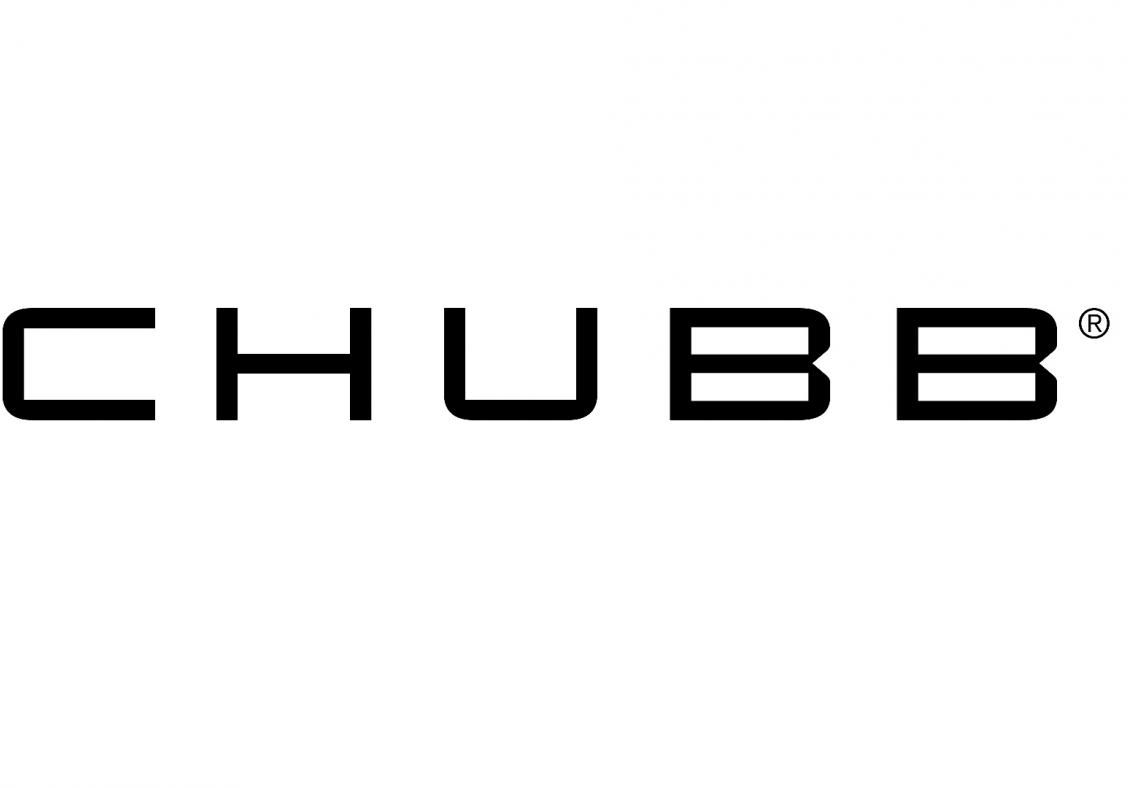
Aiding the underprivileged
Chubb strongly believes that contributing back to the community as a whole will reap lasting benefits for the society and the company. Therefore, Chubb has been working towards making a positive impact on communities to tackle poverty among other focus areas through their charitable foundations and employee volunteer efforts. Chubb has a company wide annual event called “Regional Day of Service”, where Chubb employees from across 14 countries and territories (including Singapore) partake in community projects to make education more accessible for underprivileged children.
Examples of Community Projects
Singapore
The Chubb team in Singapore has been supporting Canossaville Children and Community Services (CCCS) -- a charity that has been running integrated pre-school and student care centres whose programmes focus on helping lower-income families in the neighbourhood -- since 2016. For RDS in 2019, Chubb Singapore has organised an interactive Science workshop for the students during their holidays in November, where they learnt about various concepts through hands-on activities.
Indonesia
After a destructive 7.4-magnitude earthquake struck Central Sulawesi in September 2018, the Chubb Charitable Foundation in Indonesia donated almost IDR750 million to assist the rebuilding of MTS Alhairat Junior High School in Pandere village of the Sigi regency (which was one of the areas that sustained the most damage from the tremors). The donation is used to rebuild three classrooms that took a lot of damage from the disaster, which will then provide a safer environment for students to resume their studies. The rebuilding project was slated to be complete in three months, just in time for the 2019-2020 academic year.
5. GlaxoSmithKline (GSK) | Healthcare
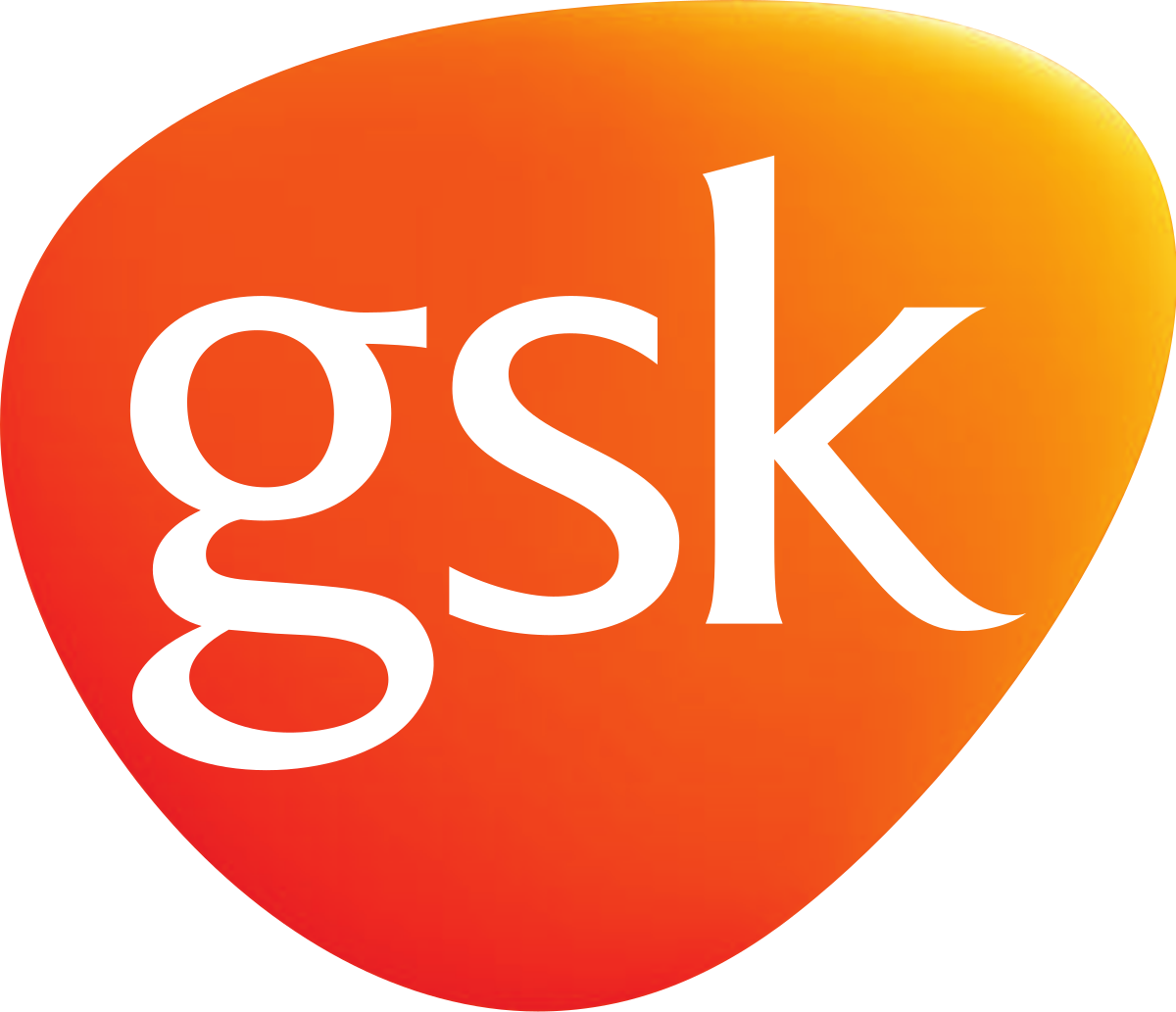
Environmental stewardship
GSK worked hard to establish trust with its partners and consumers, for it is essential to how they deliver their purpose of helping people to “do more, feel better, live longer”. GSK achieves its commercial success by operating responsibly to generate sustainable returns for the shareholders, which can be seen in how they advocated for environmental stewardship.
Examples of environmental stewardship
Sourcing of material responsibly
Palm Oil
In 2016, GSK worked together with the Rainforest Alliance to develop a sourcing standard (no deforestation, no development on peatlands, no human exploitation and respect of the rights of local or indigenous communities, access by suppliers and producers to a credible grievance mechanism) for oil palm materials, which piloted with some Consumer Healthcare brands. They focused on understanding the derivative products from palm oil and where the suppliers stand on environmental issues. GSK operates with the goal of ensuring that they work with direct suppliers of palm oil, kernel oil and their derivatives who do not cause deforestation, with the acknowledgement that it may be difficult with the complicated nature of supply chains. GSK is also a member of the Roundtable on Sustainable Palm Oil (RSPO), which is a global, multi-stakeholder initiative that encourages the production and use of sustainable palm oil.
Paper packaging
GSK has been collaborating with the Rainforest Alliance for risk analysis in their paper packaging supply chain as well. The results from the analysis are then used to support their sourcing standard for packaging (must be from legal origin and must not be harvested in violation of traditional and civil rights, in high conservation value forests, or from forests being converted to plantations or non-forest use), and suppliers are assessed often to hold them to that standard. GSK's goal for 2020 was to source at least 90% of their paper packaging from ethical sources. This goal was exceeded in 2018, as they sourced 93% of their paper packaging responsibly, an increase of 5% from 88% in 2016. GSK are now setting their sights on sourcing all of their paper packaging through responsible means by 2030.
Conclusion
Corporate social responsibility should not be just platitudes on paper, it should drive companies to take action to make the world a better place. Even as companies grow and goals change, they should function with the same purpose of the greater good. May this article inspire you to be socially responsible in your pursuit of success, and result in new initiatives to serve both the company and your community.
ATIOM is a mobile based training solution that makes learning fun, effortless and measurable. Request Your Demo Here.

